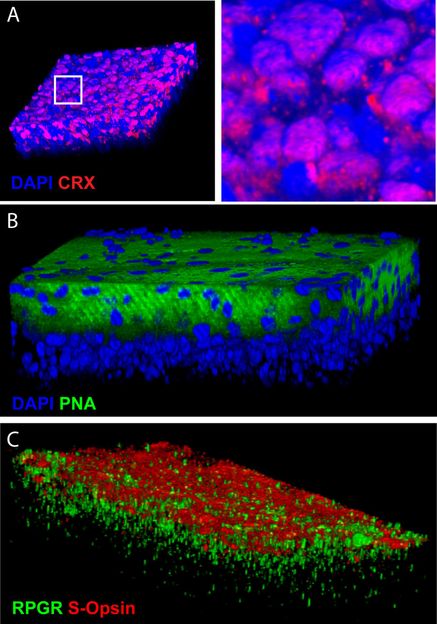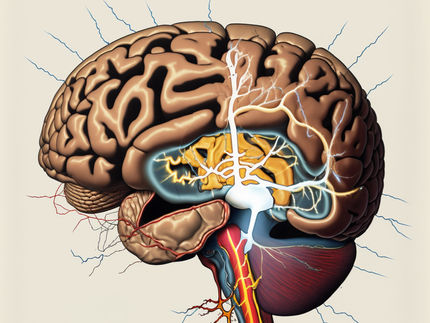Memory insight may prove beneficial for those with brain damage
Scientists have discovered that there is more than one way to strengthen your memory, opening up the possibility of new treatment strategies for brain damage.
In a new study, published in Nature Human Behaviour and led by the University of Glasgow, researchers have found that multiple parts of the brain are involved in memory processing, furthering our understanding of how the brain works.
Our brain constantly processes past events, often long after they have occurred. These “offline” processes consolidate and strengthen memories, even leading to the enhancement of memories while you are sleeping.
During learning, a memory for a skill is encoded across a network of brain areas. Scientists already recognise that there are subsequent offline processes that can enhance memories, however until now we have not understood how these mechanisms work.
This study suggests that rather than a single circuit being responsible for memory enhancement there are distinct independent circuits each capable of supporting the same enhancement.
Professor Edwin Robertson, Professor of Brain and Cognitive Sciences and lead author of the study, said: “The same improvement can be achieved through different routes. An important consequence of this organisation is that should one route become damaged due to disease the other remains with the capacity to support memory enhancement”.
The authors believe that rehabilitative strategies for patients of suffers of diseases such as stroke, may be able to exploit this new understanding by encouraging different parts of the brain to support memory enhancement when other parts have been damaged.
Other news from the department science

Get the life science industry in your inbox
By submitting this form you agree that LUMITOS AG will send you the newsletter(s) selected above by email. Your data will not be passed on to third parties. Your data will be stored and processed in accordance with our data protection regulations. LUMITOS may contact you by email for the purpose of advertising or market and opinion surveys. You can revoke your consent at any time without giving reasons to LUMITOS AG, Ernst-Augustin-Str. 2, 12489 Berlin, Germany or by e-mail at revoke@lumitos.com with effect for the future. In addition, each email contains a link to unsubscribe from the corresponding newsletter.
More news from our other portals
Last viewed contents
Category:Dutch_neurologists
Deltoid_muscle
Britton_Chance
Solitary_nucleus
Category:Clostridia
Gardnerella
Simian_immunodeficiency_virus





















































